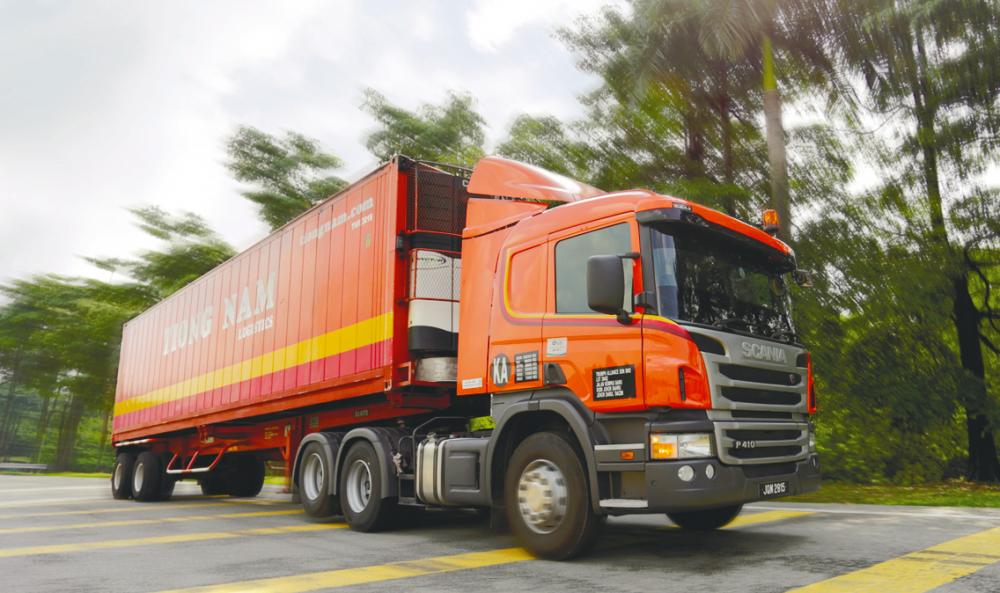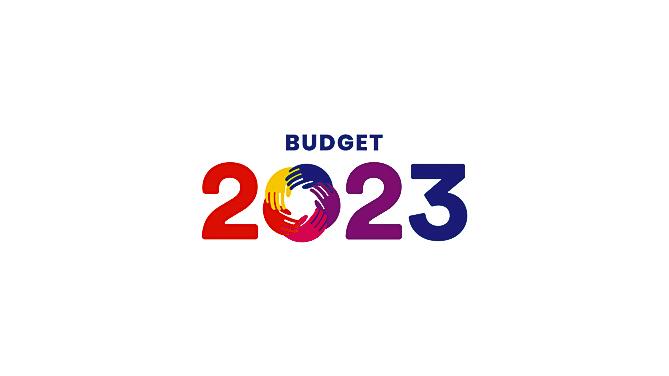
Pertama Digital Bhd strategy director Saify Akhtar
Open banking
We hope the government could consider letting third parties to have authorised access to certain data via API. This will lead to more competition within the industry and thus stimulating the industry’s growth. Additionally, it will make fintech more accessible. Currently, the regulatory regime for open APIs is only dedicated for accessing card and insurance data, as used by data aggregators. We hope the government could increase budget allocation in setting up a more comprehensive framework to facilitate the uptake of open banking.
Internet accessibility
As the world moves towards 5G connectivity, parts of Malaysia still have challenges with basic internet accessibility. We hope the government can enforce telco providers to allow free data or whitelist certain registered apps that are necessary for online banking and e-wallets. We look forward to seeing a healthy budget allocation to support this initiative to make the internet accessible for all to users.
Promoting awareness on fintech and security
As we move towards a digital-centric society, we must ensure the rakyat (of all age groups) are not left behind. Understanding that digitalisation and technology development move at a rapid pace, fintech may be daunting for those who don’t understand it.
Therefore, we ask the government to consider a significant budget allocation to educate the rakyat, especially the senior citizens about fintech and mobile banking. Seeing that the recent increase in scams and cheating schemes, the general trust towards e-banking is low.
We must help to increase their trust in fintech to improve banking efficiency and avoid losses, thus reducing our dependence on bank branch services and cash handling.

Tiong Nam Logistics Holdings Bhd managing director Ong Yoong Nyock
Reduction in corporate income tax rate for enhanced regional competitiveness
We hope for reduced corporate income tax below the 24% tax rate currently, which would enhance Malaysia’s competitiveness as an investment destination. Currently, our regional peers such as Singapore, Thailand, and Indonesia have more attractive rates of between 17% to 22%. A reduction in corporate income tax will allow businesses to retain more profits for reinvestment into operations and innovation, while the increased foreign investments will also benefit the economy as well as Tiong Nam and the logistics industry.
Expedited tax refunds for improved cashflow and capital allocation
We hope that tax returns on overpaid corporate taxes can be expedited. An improvement in the duration involved for processing tax refunds will enhance businesses’ ability to manage their cash flow and allocate capital more efficiently.
Clearer sales and services tax (SST) guidelines
We also hope for clearer guidelines on the applicable treatment for taxable goods and services, and in particular the logistics and deliveries sector. This will help prevent potential issues of accounting complications and over/under provisions of taxes, and make the whole process more efficient overall.
Increased grants and tax incentives for businesses and logistic players
Additionally, we urge for more tax incentives for business expansions and investments, which would help spur more economic activity and technology advancement. This includes additional incentives for investments into sustainable and green assets.
For instance, Tiong Nam is currently building a new RM200 million mega-warehouse for Mercedes-Benz’s regional after sales logistics centre, slated to be operational in 2024, which will be rated under the Green Building Index and eligible for green tax incentives. Increasing the availability and scope of similar green incentives will draw more interest of domestic and multinational investors, hastening the growth of sustainable investments in the country.

Luno Malaysia country manager Aaron Tang
Tax exemptions for trading of digital assets in Malaysia on regulated exchanges
As a recognised market operator under the Securities Commission Malaysia, Luno absorbs the current implementation of sales and service tax (SST) of 6% on behalf of its customers. We hope that exemptions for the current SST and any future implementation of government service tax (GST) would be considered to help ensure that Malaysia’s digital asset industry remains competitive in the Asia Pacific region. This would also encourage Malaysians to invest in digital assets through regulated platforms.
Providing such exemptions on taxes — as well as any future capital gains taxes on digital assets — would provide a significant incentive for investors to keep their investments within the regulated digital asset ecosystem.
Unregulated digital asset exchanges which operate primarily from overseas come with much heightened risks of scams and financial crime (among others), hence it is important to protect investors by incentivising them to invest on Malaysian-regulated platforms.
Support for blockchain companies to scale
There is currently an absence of investment funds or agencies that focus on growing potential blockchain companies in Malaysia. We hope that the government considers setting up investment funds through existing agencies such as the Malaysia Co-investment Fund or Malaysia Venture Capital Management with a sole mandate to invest in high potential blockchain companies in Malaysia. This would also help Malaysia remain competitive in the region, elevate widespread awareness on the benefits of blockchain among Malaysians and increase foreign investment inflows into Malaysia.

GDEX Bhd managing director Teong Teck Lean
Stronger government agencies support for a more thorough regulation and fair market of digital platforms and last mile delivery players
As there are few regulations to keep digital platform players in check, anti-competition behaviour is rife and digital platforms are weeding each other out with aims of being a monopoly. The same applies to last mile delivery players, who would go at any lengths to gain the most market share in the shortest time possible, even if it means that they will suffer losses. Therefore, more thorough regulation will bring a fairer marketplace for industry players and encourage healthy competition.
More green incentives to encourage greater adoption of electric vehicles
As corporations fulfill their responsibilities to decrease their carbon footprint, there is more that needs to be done to drive greater adoption of green initiatives. Green solutions are not the most cost-effective at present due to the low base of users. Should there be more green incentives, this would certainly drive corporations to be more aggressive in implementing green solutions and accelerate the transition to a greener economy.
Tax breaks for logistics companies
Homegrown logistics companies, which are a key infrastructure of the nation, have been hammered by start-ups who throw in significant investments at a loss to disrupt the market. In addition to more thorough market regulations, logistics companies’ struggles can be alleviated through tax breaks for the next five years, allowing them to strengthen their operations and invest in capacity upgrades, newer technologies, and improved efficiency.
Apart from that, such tax breaks can also be enjoyed by local corporations or funds that invest in logistics companies, where the proceeds are used for capital allowance and automation.
Digitalisation and automation initiatives
Increased digitalisation and automation will help reduce reliance on manual labour, reduce operational costs, and increase efficiencies. This will enable businesses to enhance their competitiveness.









